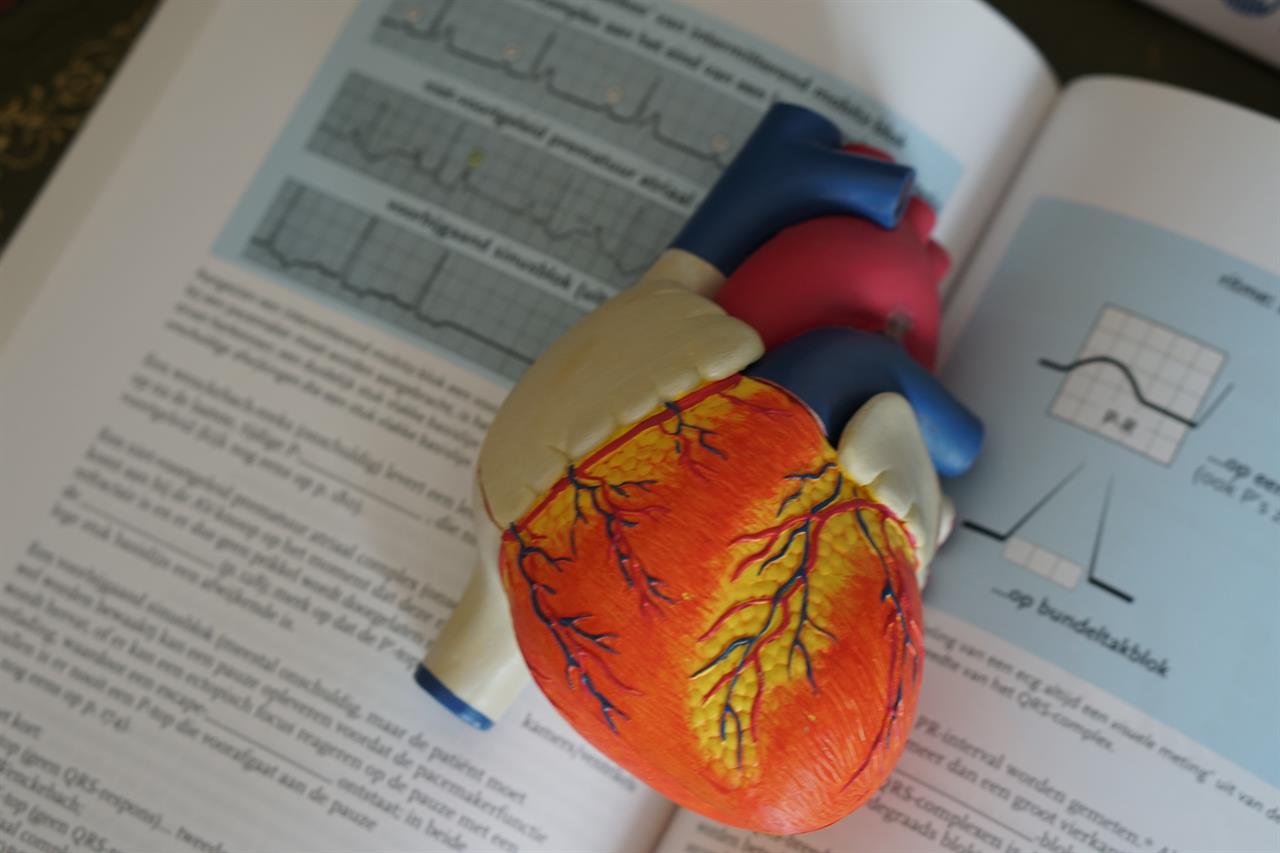Attention to mental illnesses that occur at a young age is even more important today because they can have long-term consequences on cerebrovascular health. Indeed, according to a new study, suffering from it before the age of forty means having a tripled risk of stroke and heart attack in adulthood. This is evident, albeit to varying degrees, for numerous mental disorders, more and less serious, such as bipolar disorder, schizophrenia, post-traumatic stress disorder, depression, anxiety, insomnia, anxiety disorders, personality disorders, eating disorders and substance abuse.
This conclusion was reached by Korean researchers by analyzing the health data of a national cohort of over 6.5 million individualswhich has just appeared in the journal of the European Society of Cardiology, European Journal of Preventive Cardiology. The team analyzed the health data of young adults aged 20 to 39, listed on the Korean National Health Insurance Service’s Nhis registry, all of whom had no history of cerebrovascular disease. Almost eight years later, he went to see their health. It emerged that people with a mental disorder, about one in eight of the total, or nine hundred thousand Koreans, had a 58% increased risk of myocardial infarction and a 42% increased risk of stroke. These are average percentages, but then some conditions are more dangerous than others.
Roberto Pedretti, Director of the cardiovascular department of the Irccs MultiMedica in Milan speaks of a “dramatic increase, with important practical repercussions”who explains: «it is known that certain mental disorders, even common ones, such as anxiety and depression, and certain conditions, such as insomnia, are unfavorable determinants in those who have already had a cardiovascular event, although this evidence is not then kept in due account in clinical practice, with the exception of the still too few cases in which patients have access to the necessary cardiovascular rehabilitation”. The importance of this extensive work is that of “dramatically shifting this issue to primary prevention, therefore to people without cardiovascular problems, and above all to young people”. Furthermore, “at entry, the study subjects all have the same cardiovascular profile and this confirms that psychiatric pathology is a prognostic determinant”. The topic is already perceived as urgent, as Pedretti admits, who is on the board of the European Association of Preventive Cardiology: «We have decided to set up a task force of experts for the drafting of a consensus document dedicated to cardiovascular prevention for those with mental disease”.
Mental illness is an unfavorable determinant in someone who has had a cardiac event. The study dramatically shifts this issue to primary prevention, therefore to people without cardiovascular problems, and above all to young people
Roberto Pedretti, Director of the cardiovascular department of Irccs MultiMedica in Milan
On the mechanisms underlying the relationship between psychiatric and cerebrocardiovascular disease, some hypotheses are advanced, such as that of the balance of the autonomic nervous system, negatively influenced by psychiatric diseases, with specific cardiac effects such as the development of even serious arrhythmias.
What to do? An urgent cardiovascular monitoring and prevention plan is needed: «More awareness and accurate and scrupulous intervention strategies are needed, even in young populations that we would never have considered at cardiovascular risk, exactly as we do today against other risk factors, cholesterol or hypertension”. Furthermore, mental illness is a factor independent of other risk factors and the synergistic effect should be avoided. Psychiatric treatment will also need to be considered to understand how the drugs used affect cardiovascular risk. Finally, looking even better at the profile of subjects with and without a mental illness at the start of the study, “there are few differences from body composition, lifestyles, alcohol, smoking, comorbidities, while the relevance of psycho-social factors, such as low income, clearly emerges» concludes Pedretti «How to intervene on this aspect becomes much more complicated to say and do, but no less urgent».
(Photo by Robina Weermeijer on Unsplash)
